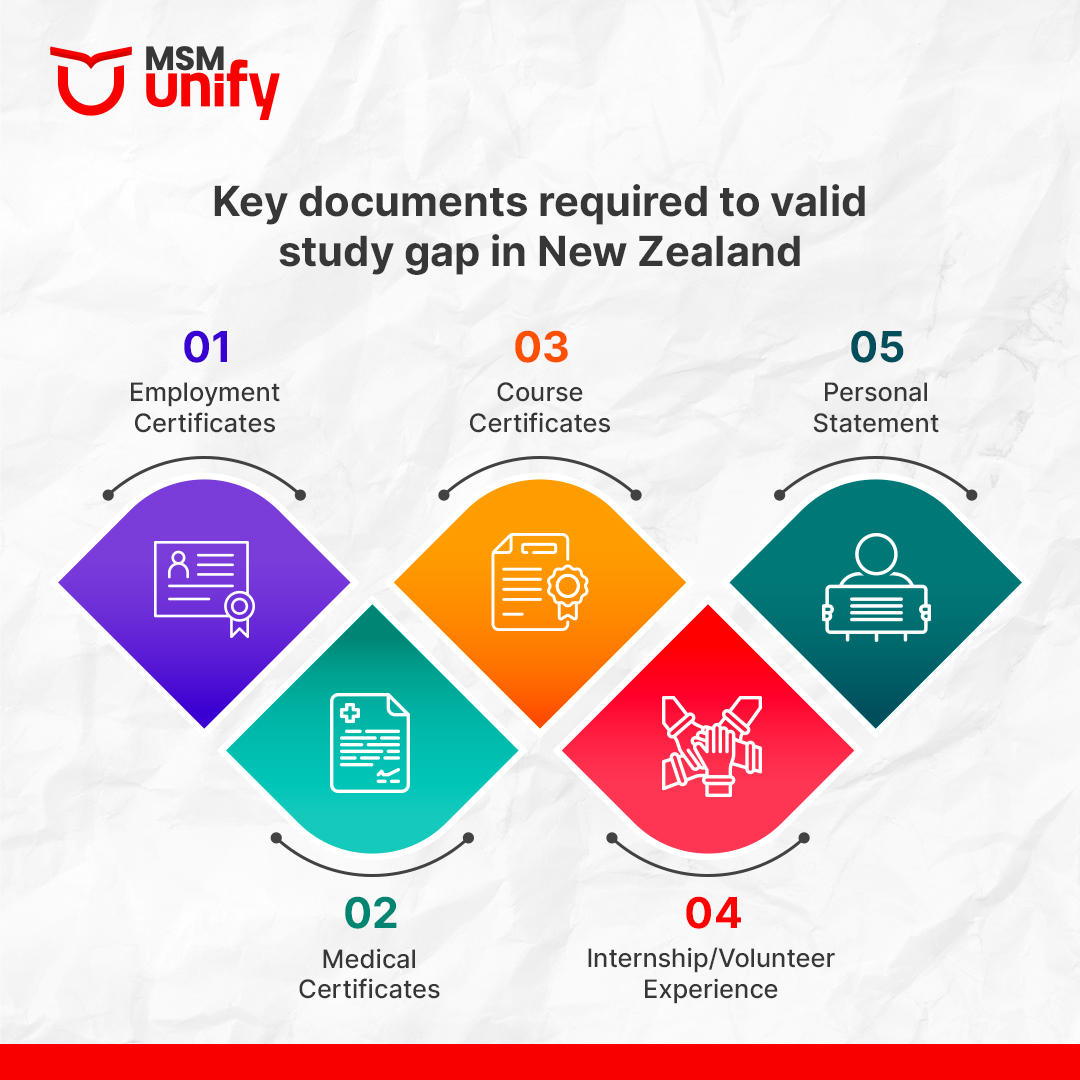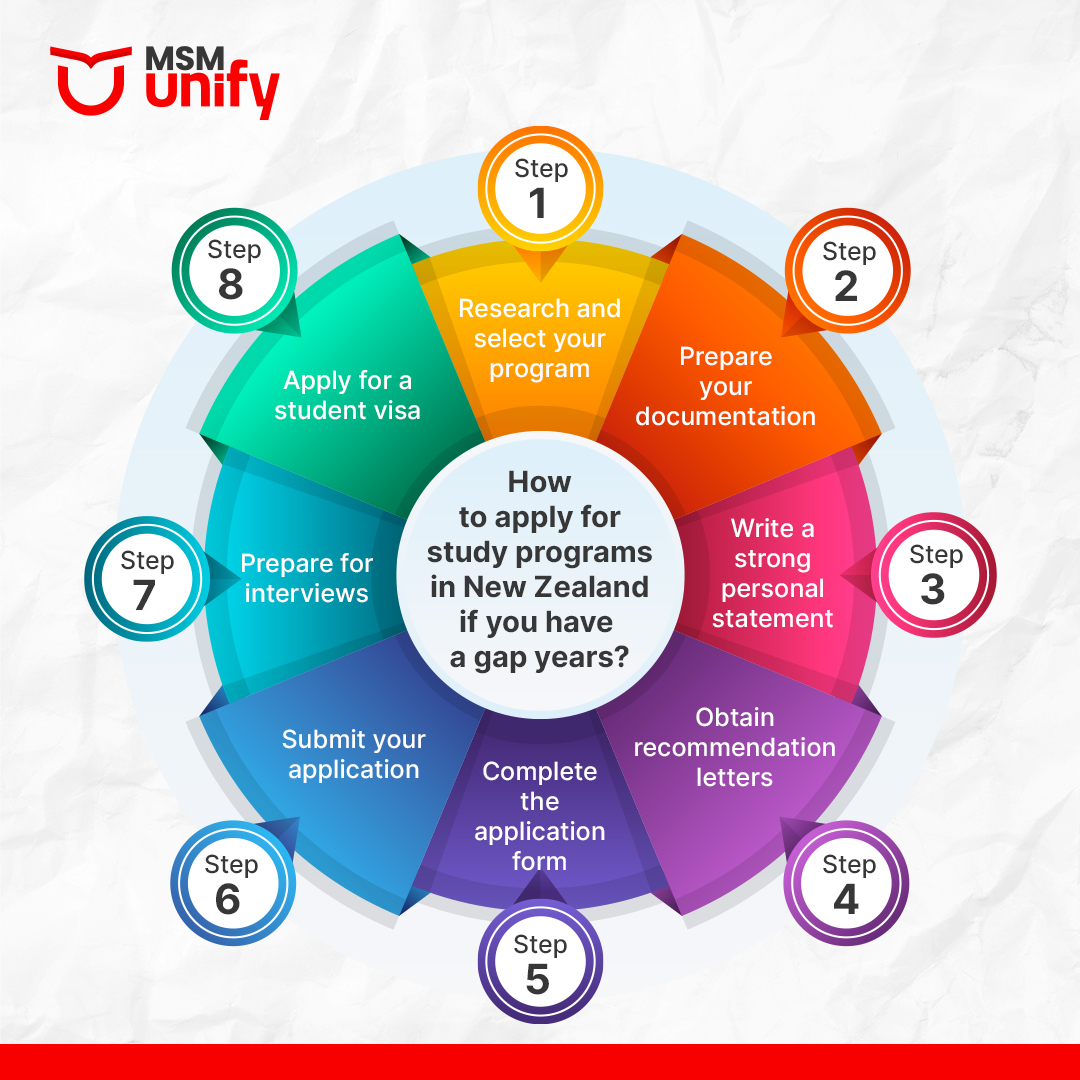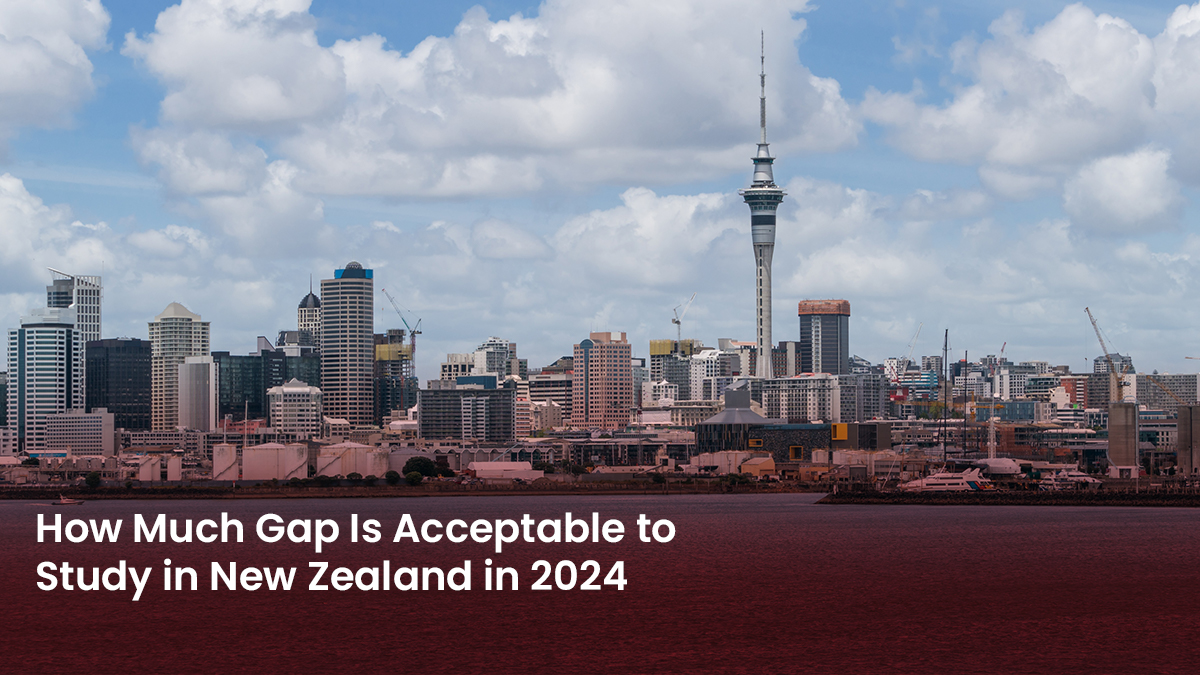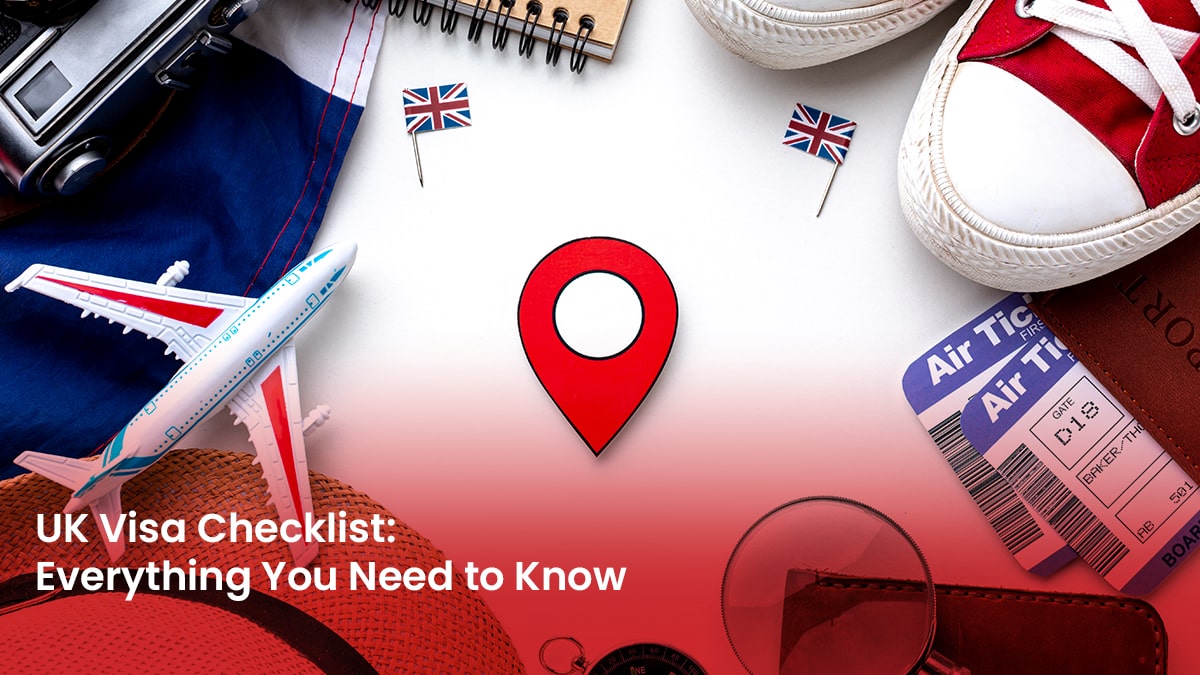Education abroad can be a great experience for many students and New Zealand attracts a lot of attention because of the quality of education, safety, and stunning scenery. However, the frequently asked question from international students is how much gap is acceptable to study in New Zealand? This blog will answer this question and give further information for students aspiring to study in New Zealand in 2024.
Scope and accessibility of study gaps in New Zealand
When intending to study in New Zealand, there is a need to understand how gaps in studies are viewed and to what extent they are allowed. A break in learning denotes the period between the time you completed your last formal education and the time when you plan to commence your study program in New Zealand. New Zealand universities’ preference towards study gaps is generally tolerant, however, it is also important to understand that there are some factors that they take into consideration when reviewing applications.
Factors influencing acceptability of study gaps
The following factors generally influence the acceptability of study gaps:
Reason for the study gap: The reason behind the study gap plays a significant role. Common acceptable reasons include:
- Employment to gain practical experience.
- Medical or personal issues.
- Family responsibilities.
- Preparing for competitive exams.
Duration of the gap: While short gaps (up to a year) are generally acceptable, longer gaps require strong justification. Typically, gaps of up to 2-3 years are considered acceptable if supported by valid reasons and proper documentation.
Continuous learning or work: If you have used your gap period to gain work experience, internships, or take short courses then it is good for your application. It is advisable to focus on showing that you are committed to your subject area by proving that you are updating your knowledge or practicing skills regularly.
Documentation: You must make sure that you give a detailed justification for those gaps that you are taking and this will require you to write a detailed letter with all the necessary supporting documents attached. This comprises employment letters, medical certificates, and other such documents in support of the case.
Impact of study gaps on admission process in New Zealand Institutions
The number of years you spend with no study can also affect the chances of admission to New Zealand universities. Here’s a detailed look at how different durations of study gaps are perceived by admissions committees:
Short gaps (up to a year)
This covers a period of up to one year or a fiscal year if there is any.
Usually, New Zealand universities generally accept breaks of up to one year; however, they are more common in shorter durations. These gaps are usually seen as a time for self-development, tours, or short-term job/internship search breaks. However, even if you were away from the job market for a short time, it is crucial to describe your absence properly and give reasons for it.
Medium gaps (1-2 years)
Small gaps of one to two years are still tolerated but they are considered to need a little more justification. Universities will seek to have appropriate utilization of this time, for instance, working experience, internships, or equivalent courses. It is also important to show that you remain engaged in the field of interest to bolster your case.
Long gaps (More than 2 years)
Intervals beyond two years require sound reasons and clear supporting records and references. New Zealand universities are not closed for students with longer gaps in their application but they will look closely into the reasons. In such cases, it is essential to accentuate the work experience or an attempt to learn more in a chosen field of study.
Universities in New Zealand accepting study gap after 12th
New Zealand has many universities and institutions that are flexible with study gaps. Here are some prominent universities that consider applications with study gaps:
-
University of Auckland
The University of Auckland, one of the leading universities in New Zealand, uses a comprehensive assessment of the applicant. They are flexible with gaps in the study but require them to be well-explained and documented properly.
-
Victoria University of Wellington
Victoria University of Wellington is quite famous for its open admission policy. If there are study gaps, they allow applicants to fill them if they have documented reasons for the gaps.
-
University of Otago
The University of Otago is very flexible about the gaps in the study and considers the overall list of achievements. If you have been engaging in work during the gap, or have internships or other courses you have pursued, this can be added to the application.
-
University of Canterbury
The University of Canterbury is willing to look at gaps in study. They appreciate working experience and learning which is an add-on as they seek to fill the study gap.
-
Te Ara Poutama – Auckland University of Technology
It is important to note that AUT has a relatively lenient policy toward study gaps and accepts foreign students back if they provide valid reasons alongside the necessary documents.

Key documents required to valid study gap in New Zealand
Submitting comprehensive and accurate supporting documents when applying to New Zealand universities is crucial for students with a study gap. Here are the key documents you need to validate your study gap:
- Employment Certificates
If you had a job during your gap year, take employment letters or any proof from your employer. These should state the responsibilities assigned to you, the period of service, and the skills mastered or acquired during your time with the company.
- Medical Certificates
In the case of gaps because of health complications, one has to provide certified documents from a registered doctor. Make sure the nature of the illness and the duration of the treatment are well explained in such documents.
- Course Certificates
If you have done short courses, online courses, or any other form of continuous education during your break, then present certificates or transcripts from the respective institutions.
- Internship/Volunteer Experience
It is especially important to provide the documentation of the internships or volunteer work as it can greatly improve your chances. Attach copies of official certificates or letters from the organizations indicating your responsibilities and the period you served.
- Personal statement
A well-drafted personal statement explaining the reason for your gap, how you utilized the time, and why you are now ready to pursue your studies can be very impactful. This statement should align with the other documents you provide.
How to apply for study programs in New Zealand if you have a gap years?
Applying to study programs in New Zealand with gap years requires a strategic approach. Here’s a step-by-step guide to help you navigate the application process:

Final Thoughts
Knowing the amount of gap tolerance that is acceptable for study in New Zealand is very important information for the international students. In general, New Zealand universities are fairly flexible with the gaps; however, the type of reason and the quality of supporting material counts. This way, you can increase the chances of getting into a good university in New Zealand even if you have taken a gap year. However, it is essential to remember that each student is different, and the desire to continue education and readiness to do this is an essential point that will help make a difference.












